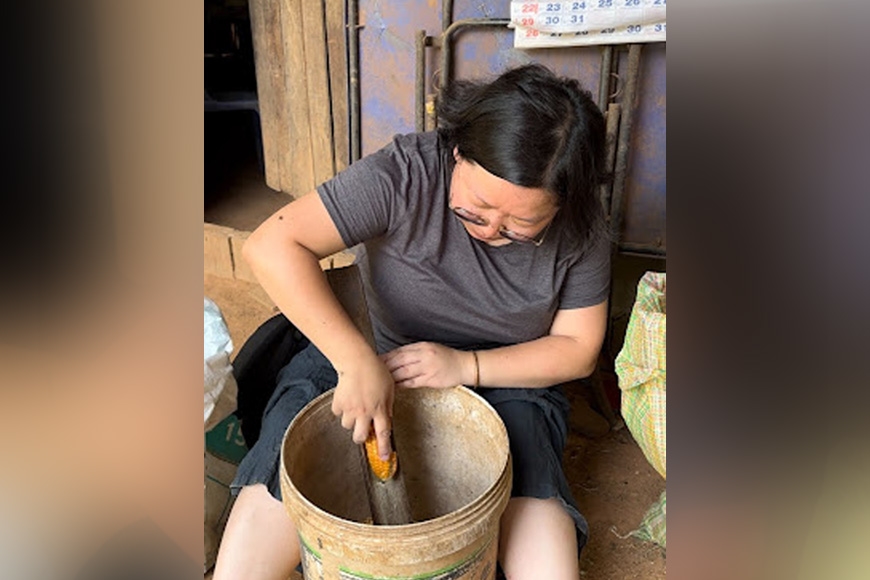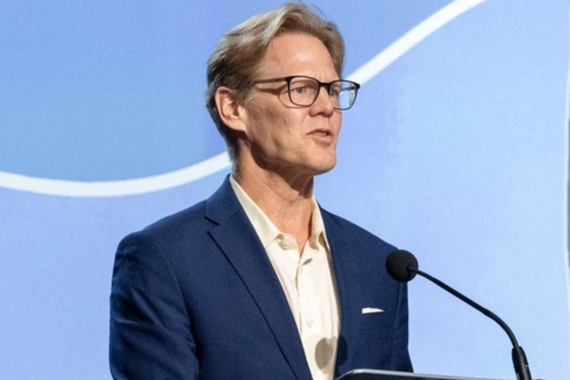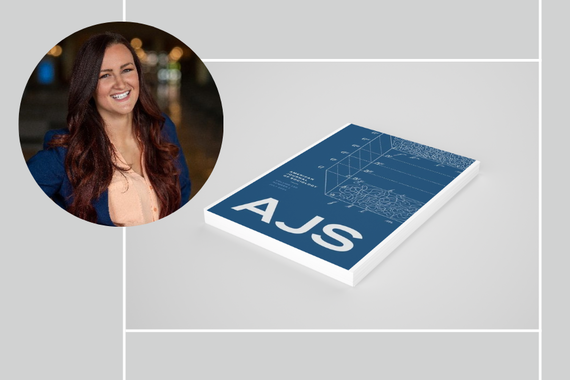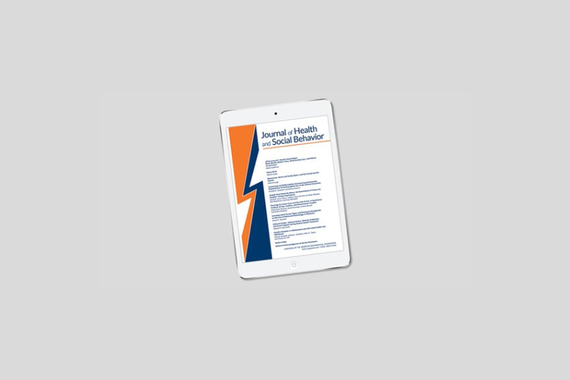Using Ethnography to Investigate Gender Inequality in Thailand
Mao Lee is a PhD student in the sociology department and recipient of both the 2023 UMN Fink Summer Research Fellowship and the University of Wisconsin’s Social Justice Hmong Studies Research Grant. These programs provided the opportunity to enhance her preliminary fieldwork project using firsthand research. Her project “examines what gender inequality looks like within a displaced community in Thailand.” Over the course of six weeks, she was able to strengthen her project through direct interactions with a Hmong community in northern Thailand.
What's exciting about your project? What has this award allowed you to do?
Conducting a transnational research project has been my aspiration, and what’s exciting is that I got to collect data abroad this summer. I’ve worked on this research project since my first year and it is cool to see how my research interests and this project evolved over time. The Fink Summer Research Fellowship and the Social Justice Hmong Studies Research Grant made my summer research trip possible.
I conducted a six-week ethnographic fieldwork in Thailand where I observed participants in action as they went about their daily routine. I also interviewed them and photographed objects that are important to them as artifacts. Not only was I able to collect rich data, but I was also able to test and revise my interview questions this summer.
What challenges have you faced?
While I was able to collect data, I realized that six weeks abroad was a very short time period to conduct fieldwork; I would have liked to have stayed longer for my fieldwork. Additionally, the primary village where I conducted my fieldwork was somewhat remote and having reliable access to transportation was challenging at times.
However, the good thing in the presence of this challenge was that I had many chances to engage with villagers and research participants beyond my research agenda. For instance, through casual conversations I learned the community norms, challenges facing the community, the strengths of villagers, and how the village sustains itself, especially during the dry season.
How is your project making a difference in the world?
To say that my research project makes a difference in the world is a bit ambitious, at least for now. However, this preliminary fieldwork certainly makes a difference in my world because I have been able to cultivate communities with villagers, research participants, Hmong women in Thailand, social justice activists in Thailand, and Thai scholars. These relationships continue to nurture me as a person and a scholar.
How has the award made a difference to your career?
There are a number of faculty members at the University of Minnesota that I desire to work with. As I advanced toward my degree, I found mentorship to be even more valuable. This summer I had the privilege to work closely with Dr. Laura Garbes, who mentored and advised me on my fieldwork. We met nearly weekly to discuss my research findings and other concerns related to living and conducting research abroad. I cannot thank her enough for staying up late to meet with me regularly given the twelve hour time difference between the US and Thailand. Her mentorship was instrumental for my research abroad and for my professional and scholarly growth as a transnational researcher.
Additionally, I thank my advisers, Dr. Cawo Abdi and Dr. Teresa Swartz for their continued support for my project since the beginning. They have read multiple versions of my research proposal and IRB drafts and they are the reasons why I was able to even start this project!
What partnerships has this award helped you develop and nurture?
An important partnership I have developed is the mutual relationships I have crafted with research participants. Knowing that the goal of my research is to examine gender inequality, which can provoke sensitive details and topics, participants shared with me how they wanted their stories and lived experiences to be conveyed. I am humbled with this partnership and the trust participants have given me.
At the same time, however, I continue to grapple with my uneven contribution toward this partnership knowing that I am in a more privileged position as a scholar from the US. For instance, these participants got to share with me some of the things that have been heavy in their hearts. Yet these stories and information that I take as data will continue to benefit me more as I work toward my career. And I am very aware of the unequal power in research. Perhaps it is this positionality that I have to make sure I stay true to myself first as a Hmong woman.
What's next?
I will continue to analyze my data. The emerging themes from my data make me excited, especially the theme on Hmong women’s negotiation of belonging in the presence of gender inequality. I’m fascinated by the concept of home and I want to compare the concept of home of these Hmong women from Thailand with that of Hmong women in the US.
I conducted a couple of projects on Hmong women in the US already, and so I think it would be really cool to identify any similarities and differences between how the two groups of Hmong women talk about gender inequality.
The Beverly and Richard Fink Graduate Fellowship
Support outstanding fellows like Mao by making a gift to the Beverly and Richard Fink Graduate Fellowship Fund today!
By Max Pritchard
This interview was edited by an undergraduate student in CLA.



